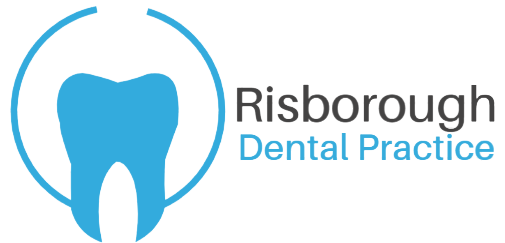What is Dental Caries?
Dental caries (cavities) are the most common form of oral disease known to man, and the process of getting caries is called tooth decay.
Tooth decay is the destruction of your tooth enamel — the hard, outer layer of your teeth. This issue can affect children, teens and adults. Plaque, a sticky film of bacteria, is constantly forming on your teeth. When you eat or drink foods or beverages containing sugars, the bacteria in plaque produce acids that attack tooth enamel. The stickiness of the plaque keeps these acids in contact with your teeth, and over time the enamel can break down.
Prevention of Dental Caries –
- Know your cavity risk level – The first step in taking control of your oral health is knowing what your cavity risk level is. The best way to know this is through a comprehensive dental exam.
- Brush your teeth regularly and properly with the right brush.
- Avoid sugary and acidic drinks and drink more water.
- Get into the habit of flossing.
- Avoid smoking
At Risborough Dental Practice, we help our patients take responsibility for their oral health through regular checkups, treatments, and providing them with the information to make their best decisions. Need help taking control of your oral health? Schedule an appointment today!




